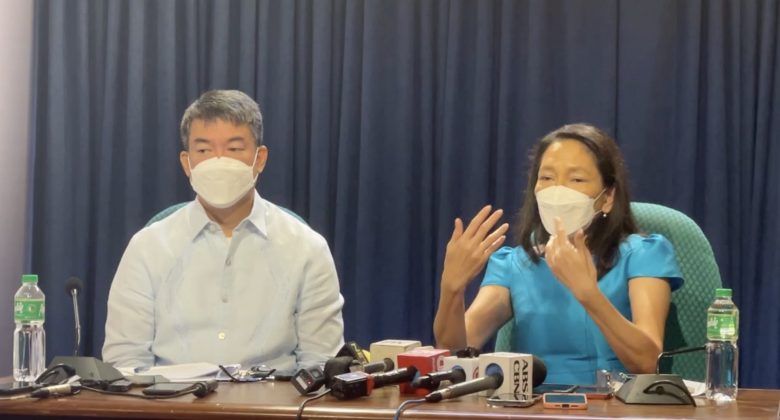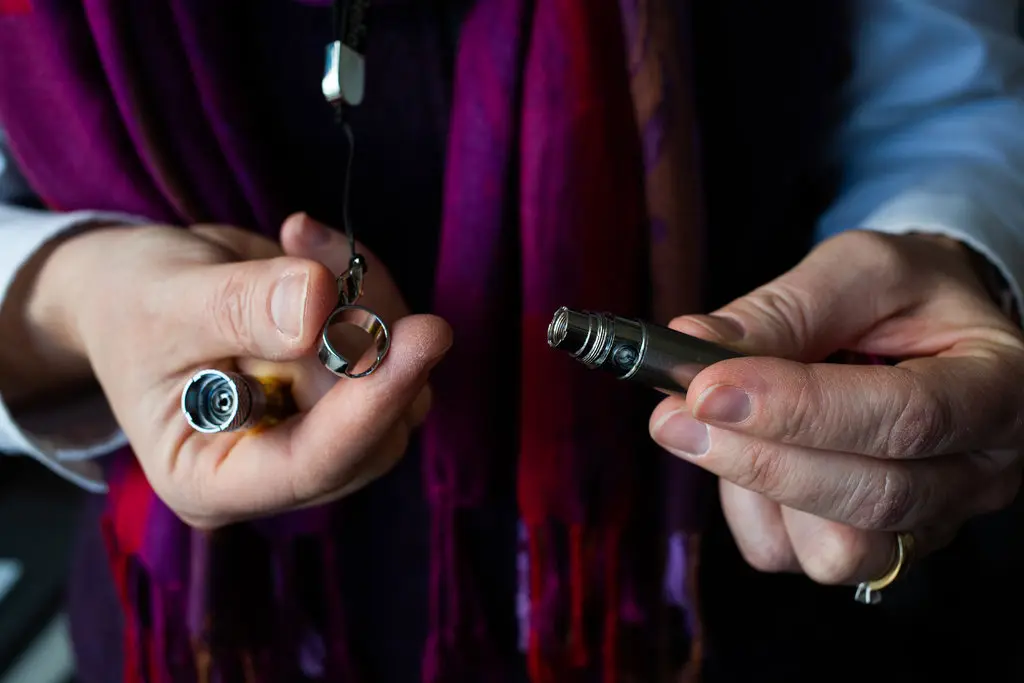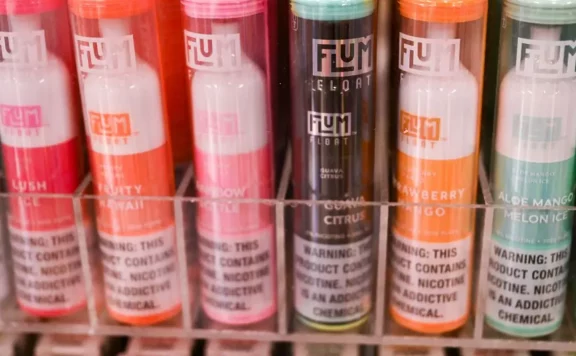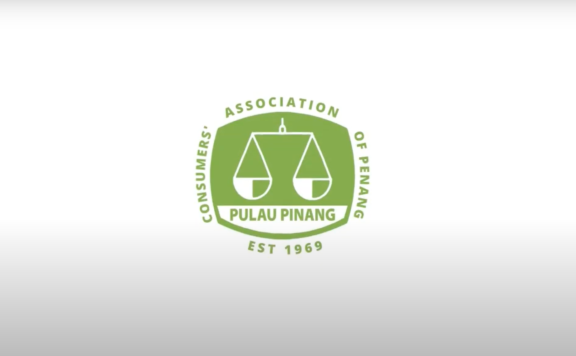The Philippines government is showing a united front as it seeks to pass a landmark vape bill that will regulate the vaping industry in the country. This vape bill is designed to curb the illegal sale of e-cigarettes, protect miners from the harmful impacts of vaping and generate jobs in the sector.
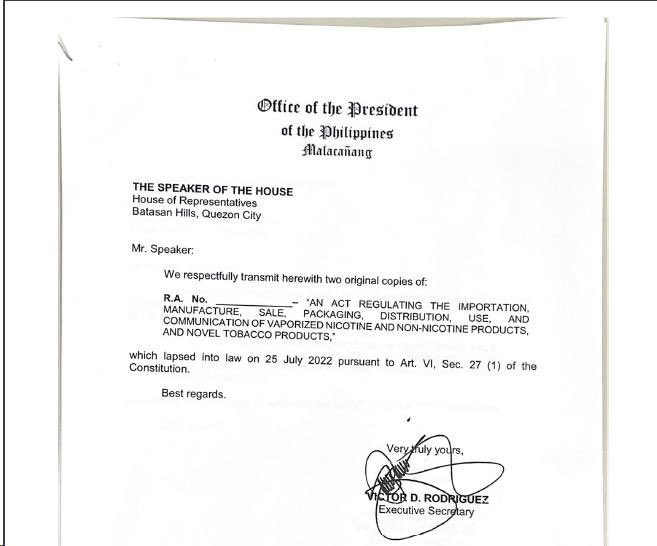
From Jom Garner’s twitter
All major government departments including the Department of Labor and Employment (DOLE), the Department of National Defense (DND), the Department of Interior and Local Government (DILG), and the Department of Trade and Industry (DTI) have all expressed support for the bill. This came following a request from the Malacañang Palace for recommendations on Senate Bill No. 2239 and House Bill No.9007.
The vape bill sets out guidelines for the manufacture, packaging, importation, distribution, and sale of e-cigarettes in the country. It also provides the framework for the advertisement and use of both nicotine and non-nicotine vaping products. Already the Duterte administration cabinet secretaries had submitted their input and most supported the provisions outlined in the Bill when the bill was first brought to the cabinet.
Ramon Lopez, the former Trade Secretary said: “The DTI believes that vape products can be utilized as an alternative or a helpful means to transition from consuming conventional tobacco products to less harmful tobacco products.” Secretary Lopez added that the bills are in line with the government’s commitment to protecting public health, promoting consumer welfare, and ending smuggling and illegal sale of substandard products. He said that “the DTI fully supports the regulation of vaporized nicotine and non-nicotine products and other novel tobacco products (vape products.)”
On his part Eduardo M. Ano, the former DILG Secretary said that his department supported the bill as it not only provided a comprehensive framework to govern not only the manufacture, packaging, importation, and distribution of vapes but also because it will provide the urgently required framework with the sale and use of both nicotine and non-nicotine e-cigarettes.
“The regulation of vaporized nicotine and non-nicotine products will be beneficial to our economy specifically to the farmers and laborers dependent on the tobacco industry and guide the local government units on the proper course of action to take relative to these vaporized products,” Ano said.
Delfin Lorenzana who is the immediate former defense secretary supported the bills saying that they stand to “promote a healthy environment and protect the citizens from any potential hazards caused by smoking and ensure that the sale to minors and the illicit trade of VNNP and their devices are effectively prevented”.
Meanwhile following the change of guard at the country’s top leadership, the PhilTobacco Growers Association, Inc. which represents the over 50,000 Norther Luzon tobacco farmers have sent a letter to the new president Ferdinand Marcos, Jr. calling for the passages of the Bill. The farmers noted that most vaping products sold in the country are imported into the country through illegal means and thus neither benefits the government nor local tobacco formers. They cited the DTI data which shows that the tobacco industry benefits about 2.18 million farmers and workers in the country directly. They, therefore, feel that continued importation of the vaping product is likely to disadvantage them economically.

